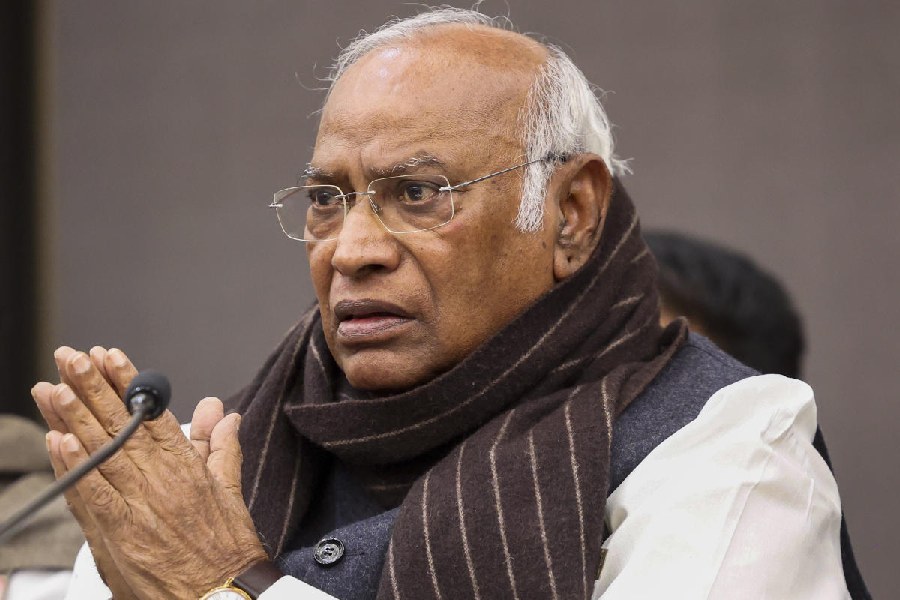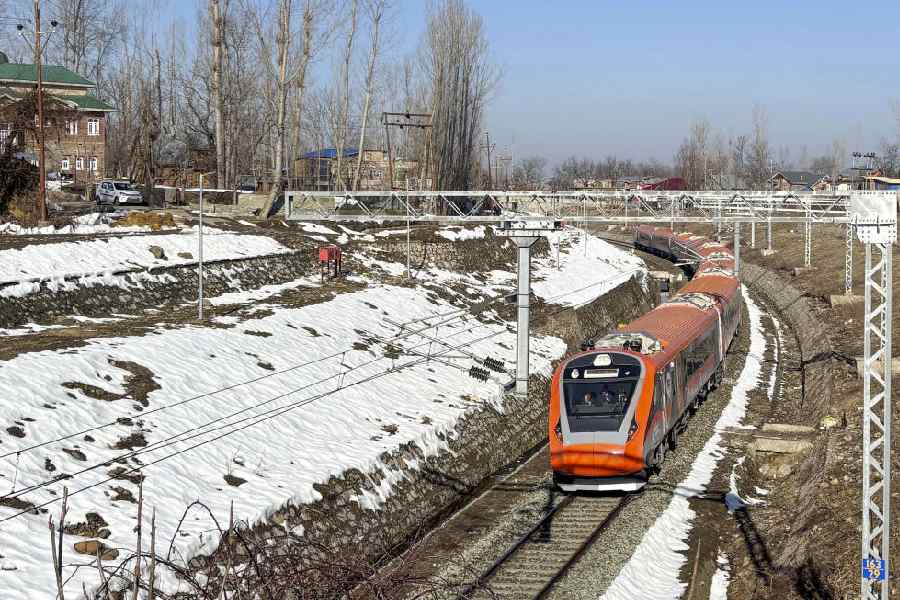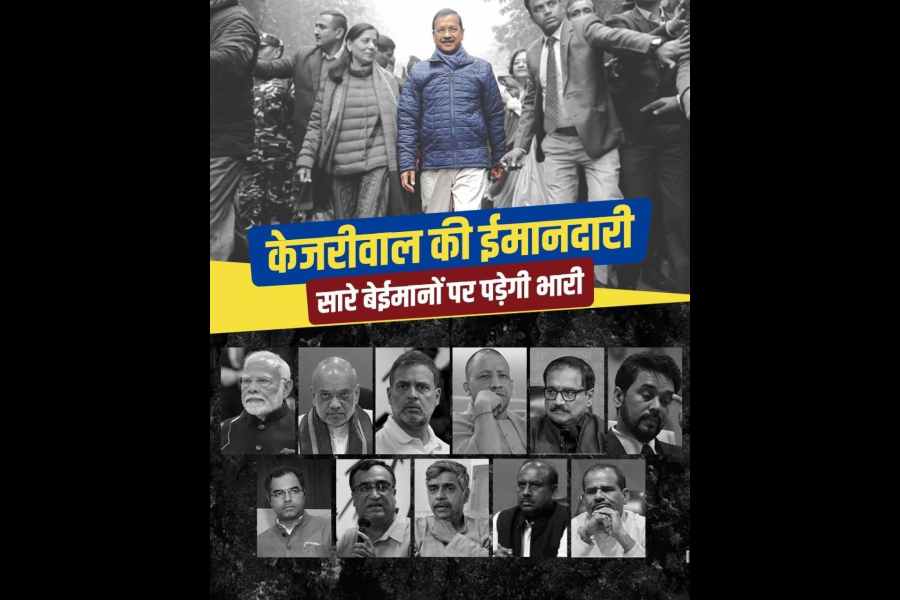The Indian judiciary should go back to the principle of bail and not jail, Justice Madan B. Lokur, former Supreme Court judge, said on Monday.
Justice Lokur was at a programme that advocated for open prisons in the country.
The jurist, known for landmark judgments on matters related to social justice who has been vocal about the conditions prevalent in Indian jails, was asked if the judiciary was responsible for “overcrowded” Indian prisons.
“That feeling (that bail is the norm) has gone out of the court system. But the recent judgment in the case of Manish Sisodia.... the Supreme Court has once again upheld the norm of bail and not jail... If a person is entitled to bail, he should be given bail. Why not? We are dealing with somebody’s freedom and personal liberty,” he said.
Around 75 per cent of Indian prisoners are undertrials, according to a report by National Crime Records Bureau.
Justice Lokur said: “If you pick up a person and say that ‘I am going to arrest him and put him in jail because I want to punish him even if I don’t know if he is guilty’, I don’t think that is fair. The rule of law then gets destroyed.”
The programme was organised by Prison Aid and Action Research (PAAR), an organisation campaigning for open prisons or prisons without bars. “It is a trust-based, self-regulatory system,” PAAR said. Rajasthan is the pioneer among Indian states in open prisons. The system started in Rajasthan in the 1950s, led by Gandhian freedom fighters.
Smita Chakraburtty, founder of PAAR, was commissioned by Rajasthan High Court to conduct a study of the open prison system in Rajasthan. The report published in 2017 underscored the success of the model. The report was sent to the Supreme Court. Justice Lokur, then the sitting judge in the matter of “inhuman conditions in Indian prisons”, took cognisance of it and directed all states to set up open prisons.
“India’s largest open prison is in Sanganer (Rajasthan) that houses around 450 prisoners. The prisoners stay with their families. In the past few years, the prison has had an anganwadi centre... A primary school was created to educate the children of prisoners. But in the past couple of years, we have noticed that people from the locality (non-prisoners) also send their children to the school,” Chakraburtty said.
“Sanaganer does not have bars or walls. It is governed by a prisoners’ governing body. The rate of recidivism (repeat offence) is negligible in open prisons... after coming to the open prison, they do not re-offend.”
“I would request the Bengal government to implement this system,” she said.
The West Bengal Correctional Services website says there are four “open-air correctional homes” in the state .
“The open-prison system was more suitable for reformation, rehabilitation and social reintegration of prisoners than traditional jails,” Ajit Singh, former state police chief in Rajasthan and the third member of the panel, said.










